
Cost avoidance varied by clinical setting, with the largest savings occurring in hematology clinics ($73,773), followed by rheumatology ($45,330) and pediatric gastrointestinal/irritable bowel syndrome ($16,519).

Cost avoidance varied by clinical setting, with the largest savings occurring in hematology clinics ($73,773), followed by rheumatology ($45,330) and pediatric gastrointestinal/irritable bowel syndrome ($16,519).

Payers and providers face challenges surrounding data integration, patient engagement, and financial pressures when trying to improve care quality and reduce costs.

Posters presented at the CHEST 2024 annual meeting revealed that delays in diagnosing fibrotic interstitial lung disease (ILD) can negatively impact overall survival, while supplemental oxygen therapy may exacerbate clinical burdens through increased rates of acute exacerbations and hospitalizations.

The AMCP Nexus 2024 annual meeting covered a variety of hot health care topics impacting managed care pharmacy in the present and future.
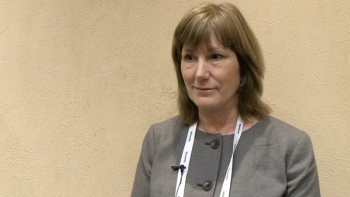
While treatment options are evolving cancer care and extending lifespans, there is still a lack of biomarkers in certain cancers that can help direct treatment or provide early detection.

Experts explored the potential impacts of a Trump or Harris administration on the future of health care.

Industry experts explore the trends, variations, and implications of utilization management practices in specialty drug coverage.

Posters at AMCP Nexus analyzed the burden of flares on patients with atopic dermatitis (AD) and the impact initiating ruxolitinib cream had on use of other therapies.

There is a role for both payers and providers to make small changes that would increase the use of biomarker testing to ensure patients are receiving the appropriate treatment, said Susan Wescott, RPh, MBA, senior director of managed care pharmacy, Mayo Clinic.

Two posters presented at the CHEST 2024 annual meeting highlighted the importance of addressing socioeconomic disparities and identifying clinical predictors to improve outcomes and survival rates among patients with idiopathic pulmonary fibrosis (IPF).
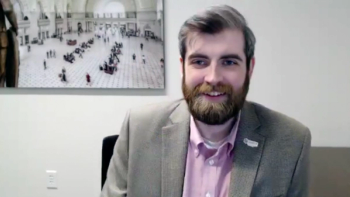
A lot of attention has been on the drug price negotiation aspects of the Inflation Reduction Act (IRA), but the implementation of out-of-pocket smoothing is something to keep an eye on, said Adam Colborn, JD, of AMCP.

Researchers explored innovative approaches to overcome barriers and drive sustainable biosimilar utilization.

Experts explored the latest trends, approvals, and pipeline developments in cell and gene therapies, rare disease, immunology, and more.
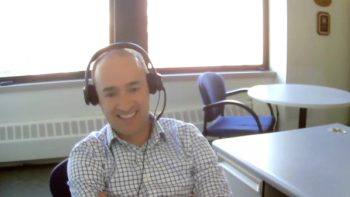
As a result of vertical integration, health plans may have 2 different coverage policies on the medical benefit side and the pharmacy benefit side for the same drug.

Patients with schizophrenia have a lot of life-changing consequences when they are being treated properly, and these are only amplified when the patient goes untreated, explained Megan Ehret, PharmD, of University of Maryland, School of Pharmacy.

Schizophrenia may be misdiagnosed as depression or bipolar disorder, which delays treatment and negatively impacts the prognosis, explained Megan Ehret, PharmD, MS, BCPP, of the University of Maryland, School of Pharmacy.

Two posters presented at the CHEST 2024 annual meeting highlighted significant disparities in acute coronary syndrome care and outcomes among different racial, ethnic, and gender groups, underscoring the urgent need for targeted interventions to address these inequities.
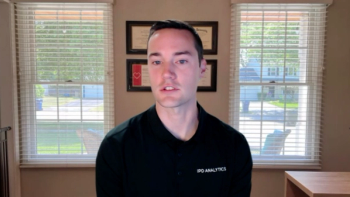
Because sickle cell disease isn’t as progressive a disease as others that have gene therapies available, there isn’t as much urgency to start on these expensive therapies, said Kevin Niehoff, PharmD, BCMAS, associate director, Market and Financial Insights, IPD Analytics.

Experts discuss pricing, utilization, and health plan strategies to drive biosimilar uptake.

Many talks at the Association of Cancer Care Centers (ACCC) 41st National Oncology Conference advocated for the adoption of culturally relevant care, the leveraging of community partnerships, and community engagement to build better trust with patients and improve outcomes.

Two posters compared health care resource utilization (HCRU) and financial burdens of people living with HIV with a non-HIV population and people with HIV who are heavily treated with those have experienced less treatment.

Although the cost of biomarker testing isn’t cheap, the cost of therapy for patients can be much higher, making it important to conduct these tests to start the right therapy, explained Susan Wescott, RPh, MBA, of Mayo Clinic.
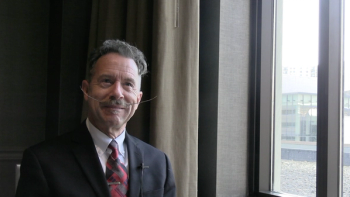
There are many misconceptions patients might have about clinical trials that prevent them from participating, and it’s important to understand what they are in order to overcome them, said Terry L. Keys, of University of Kentucky Markey Cancer Center.

Experts reevaluate coverage policies and the financial impact of antiobesity medications based on updated clinical data and key utilization trends.

The phase 2 PICCOLO trial demonstrated that mirvetuximab soravtansine (Elahere; AbbVie) is effective and tolerable in heavily pre-treated patients with folate receptor alpha-positive (FRα+), platinum-sensitive ovarian cancer.
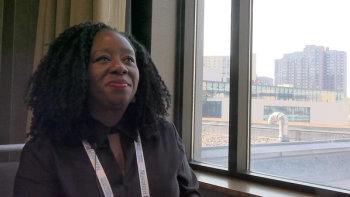
Financial advocacy in health care should advocate for system change and community work to give people better access to health and well-being before they get a life-changing cancer diagnosis, said Nadine J. Barrett, PhD, MA, MS, FACCC, of Wake Forest University and the Association of Cancer Care Centers.
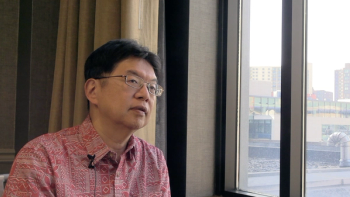
Naoto T. Ueno, MD, PhD, FACP, of the University of Hawai’I Cancer Center outlines the underrepresentation in clinical trials, the lack of permanent medical oncologists, and issues of trust affecting care for the populations living in Hawaii.
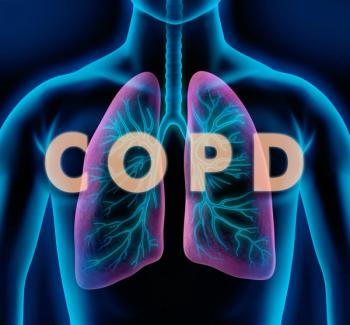
Two posters at the CHEST 2024 annual meeting revealed that 18% of eligible patients hospitalized with acute exacerbations of chronic obstructive pulmonary disease (AECOPD) participated in post-discharge pulmonary rehabilitation (PR), with ineligibility significantly limiting uptake.

Financial toxicity and patient and staff wellness were well explored at the Association of Cancer Care Centers (ACCC) 41st National Oncology Conference, serving as the focal point of multiple posters and presentations.

One of the key highlights was the discussion of Pulmonary Embolism Response Teams (PERT), addressing controversies in PE management and focusing on personalized, patient-centered care.

259 Prospect Plains Rd, Bldg H
Cranbury, NJ 08512
© 2025 MJH Life Sciences®
All rights reserved.
